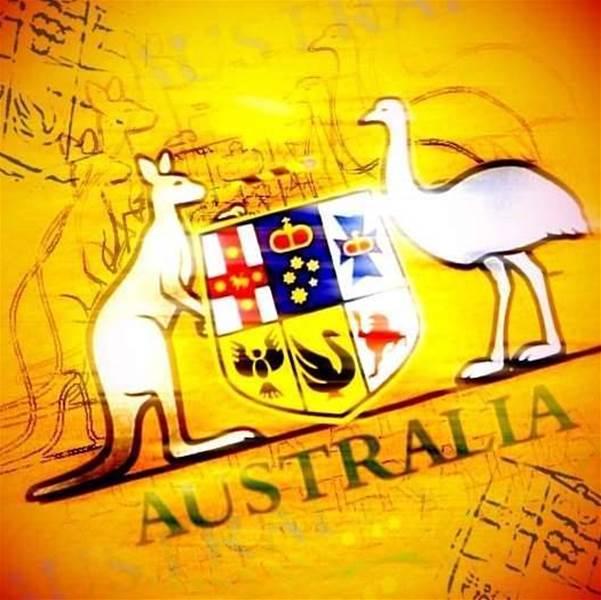THERE'S plenty said about referees in football-but rarely does that include the fact that they're cool.
Yet in the case of the Homeless World Cup referees, traditionally held beliefs are being blown out of the water.
Abudu Ntege, who hails from South Africa, is one of eight international referees who travel annually to lend their time and expertise to the Homeless World Cup, a football event that turns perceptions of homelessness on their head.
He bears a striking resemblance to Samuel L Jackson, exudes a similar level of charismatic cool, and possesses abundant energy and a wicked sense of humour. Milan marks his fourth Homeless World Cup, but he jokingly referred to the Austrian referees, who are up to their sixth, as the 'grandfathers' of the tournament.
There are even two Australian referees in Milan. Hary Milas was invited to join the international contingent off the back of his strong and compassionate 2008 Melbourne Homeless World Cup efforts and Adrian Malignaggi has come over as a volunteer.
It might be just his second Homeless World Cup, but Milas, in particular, brings a new passion and perception-changing attitude to refereeing.
He devotes his time not just to the Homeless World Cup and refereeing in general, but to running a website which includes information about refereeing, referees' kits, and raises money to supply shirts, whistles, flags, and the like for the Homeless World Cup referees.
He had planned to dedicate a percentage of sales made during the 2009 event to supplying the 2010 referees' kits and had, by day five of the event, already achieved enough to cover the 2010 costs.
Milas even has his own cheer squad, with the Australian team often heard cheering 'The ref-er-ee's an Aussie' from the stands and other teams chanting 'Ha-ry! Ha-ry!' We're interrupted mid-interview by a loud whistle being blown on the pitch nearby which, he notes with a smile, 'is one of ours'.
The Homeless World Cup is about changing perceptions about homelessness. Arguably, or at least as a by-product of their excellent refereeing, it's changing perceptions about referees, with players seeking them out to thank them for reffing their games and joking with them on the sidelines.
The compassion that they demonstrate during the matches is compelling. They're not so much enforcers of the match rules, but facilitators who enable to game to flow. They won't tolerate any unsporting behaviour, but they're more than happy to have a laugh with the players-and even laugh at themselves if they get falconed.
Malignaggi tells me that the compassion comes naturally and not because you feel sorry for players who've had, let's face it, a fairly rough time preceding the event. The main challenge, he says, is overcoming language barriers, which he does with good use of hand gestures.
Milas does, he says, feel as though he's making a difference, and also credits the Homeless World Cup with changing both him as a person and his refereeing style. The skills he uses to overcome heated situations and language barriers in the Homeless World Cup are ones he now employees refereeing the Victorian State and Premier leagues.
He also put his communication skills to good use on Day 4 when he gave the Street Socceroos an inspiring pre-match pep talk about how they were representing their country and were being recognised as ambassadors of good sportsmanship.
Ntege too tells me he's only had good experiences with the players. The last time he had to issue a blue-or two-minute sin bin-card was in 2006 and, he says, even then it was probably because he was trying to find his feet and not because the situation warranted it.
And, although they might need to remain neutral, each referee concedes that they have a soft spot for the teams from their own countries. Malignaggi admits that he wouldn't trust himself to referee the Australians, proving that referees are human after all.
Malignaggi describes the Homeless World Cup referees as a 'tight-knit group' and the camaraderie is clear. They stay in email contact throughout the year and are already, just days into the 2009 event, discussing their attendance at the 2010 one in Rio De Janeiro.
For them, it's a long-term, annual pilgrimage about which they're both positive and passionate. Something tells us that they're changing perceptions and lives along the way.
Related Articles

Socceroos midfielder embraces move to England

Cardiff City snap up sought-after Socceroos starlet













